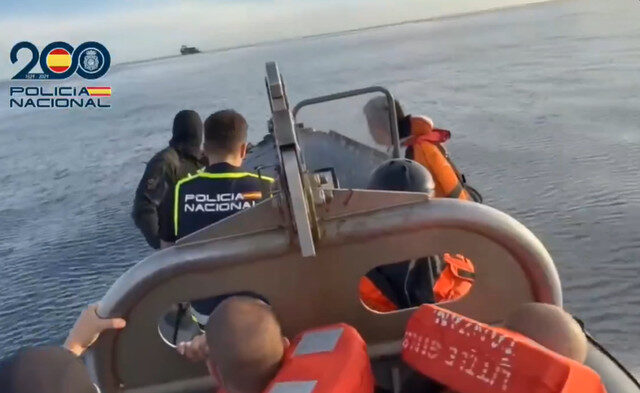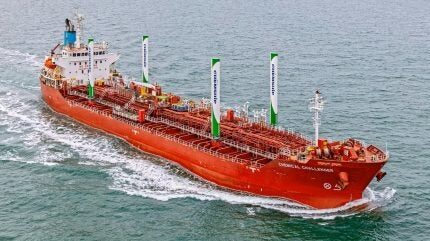
Major Cocaine Interception Off Canary Islands
Spanish authorities have successfully intercepted a merchant vessel transporting approximately 6,500 kilograms of cocaine in international waters, about 600 miles off the Canary Islands. The high-profile operation was a collaborative effort involving the National Police, the Spanish Navy, and the U.S. Drug Enforcement Administration (DEA). This extensive seizure followed intelligence received from the DEA on October 8, alerting authorities to the movements of an international criminal network involved in substantial cocaine trafficking across the Atlantic Ocean.
Details of the High-Seas Operation
The vessel in question was identified as a Tanzanian-flagged supply ship, which had set sail from the Panamanian port of Cristóbal with an intended destination of Vigo, located in Spain’s Galicia region. Measuring over 54 meters in length, the ship was tracked, leading to a coordinated maritime interception. On October 22, officers from the Special Operations Group (GEO) boarded the vessel from a Spanish Navy ship. Upon boarding, nine crew members were detained, and an initial inspection revealed hidden compartments and structural modifications inconsistent with a standard cargo ship, believed to be designed for concealing the illicit cargo.
Spain’s Crucial Role in European Drug Routes
This interception marks one of the largest drug busts in Spanish waters this year, underscoring ongoing efforts to combat international narcotics trafficking. It follows a series of significant seizures in recent months, including 13 tonnes of cocaine confiscated in Algeciras, 3.6 tonnes in Galicia, and 1.7 tonnes in Valencia. Spain remains a critical entry point for South American cocaine into Europe, largely due to its extensive maritime trade links and its strategic proximity to major Atlantic and African trafficking routes.


